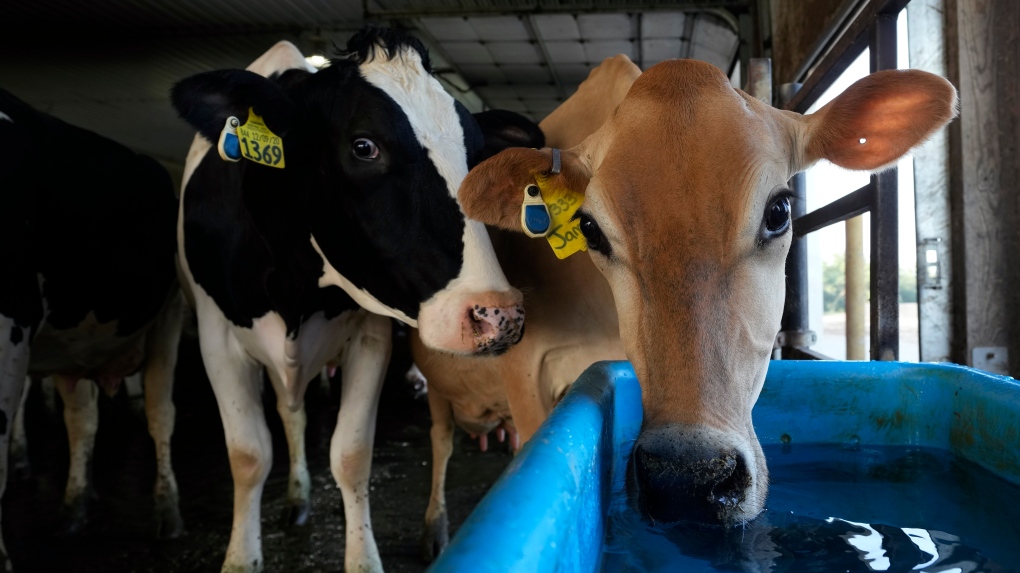In a concerning development, a person who worked with a dairy farm in Texas has tested positive for avian flu, according to the state’s Department of State Health Services. The case, confirmed by the US Centers for Disease Control and Prevention (CDC), marks the first instance of H5N1 virus transmission to a human in connection with dairy cattle.
The individual, who had direct contact with dairy cattle, exhibited symptoms consistent with avian flu. However, the person only reported symptom was eye inflammation. The CDC has confirmed the case and assured that the person is recovering well and has been advised to isolate. Treatment with oseltamivir, a generic version of Tamiflu, is underway.
Authorities are vigilant, collaborating with local, state, and federal health agencies to investigate the case thoroughly. An alert has been issued to healthcare providers to monitor for any additional cases of avian influenza. Despite this development, both the Texas Department of State Health Services and the CDC emphasize that the risk to the general public remains low.
It’s noteworthy that this is the second reported case of avian flu in a person in the US. The first case was documented in 2022 when a Colorado resident, who had direct exposure to poultry and bird culling, contracted the virus.
The Department of State Health Services has moved to reassure the public, stating that there is no risk to the commercial milk supply. Stringent measures are in place to prevent contamination, including the requirement for dairies to destroy or divert milk from any sick cows. Additionally, pasteurization effectively eliminates avian flu viruses.
Avian flu, a type A influenza virus originating in birds, has been detected in numerous bird species across the US since 2022, including seagulls, owls, and ducks. Notably, mammals in the Western and Midwestern regions have also been affected in the latest outbreak, including bears, foxes, possums, and seals. Scientists believe these animals contracted the virus through interaction with infected birds or contaminated environments.
While the virus can spread through feces, saliva, and contact with contaminated surfaces, human-to-human transmission is deemed very rare by the CDC. Symptoms of avian flu vary from mild flu-like illness to severe cases requiring hospitalization, with pneumonia being a common complication.
As the situation evolves, continued surveillance and preparedness efforts are deemed critical by health authorities. The CDC pledges to provide updates as new information becomes available, underscoring the importance of ongoing monitoring and response measures to mitigate the spread of avian flu.
In light of this development, it is imperative for individuals in close contact with poultry or other birds to exercise caution and adhere to recommended preventive measures. This includes proper hand hygiene, wearing protective gear when handling birds, and avoiding contact with sick or dead birds.
Furthermore, public awareness campaigns aimed at educating communities about avian flu and its potential risks should be intensified. Collaboration between government agencies, healthcare providers, and the public is essential to effectively manage and contain outbreaks of avian flu and other infectious diseases.
While the emergence of a human case of avian flu linked to a dairy farm in Texas is concerning, authorities are actively responding to the situation. By implementing robust surveillance and response measures, alongside public education efforts, the spread of avian flu can be mitigated, safeguarding both human and animal health.



